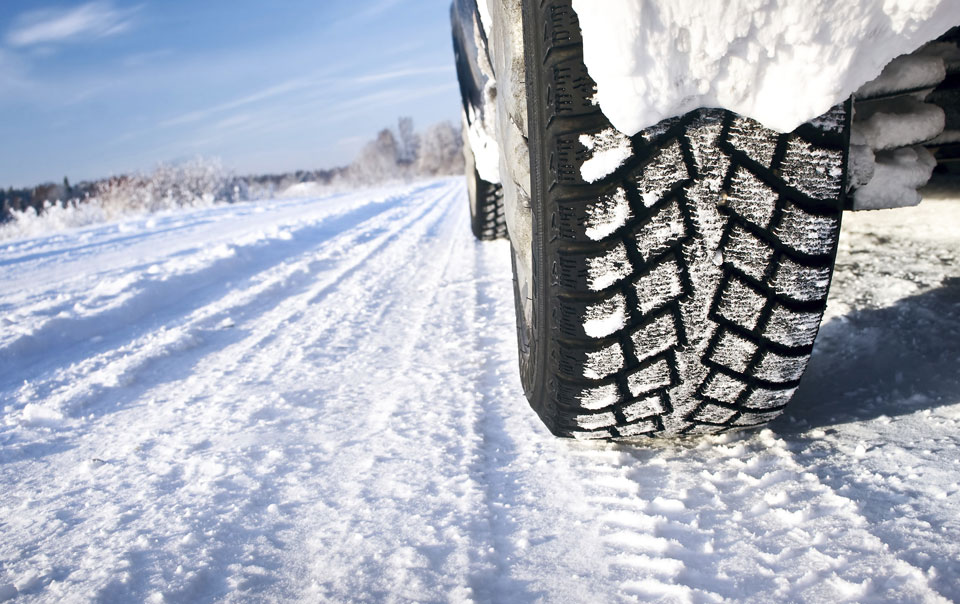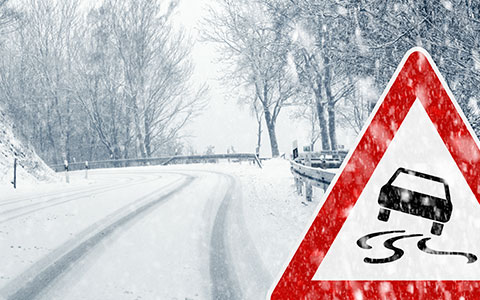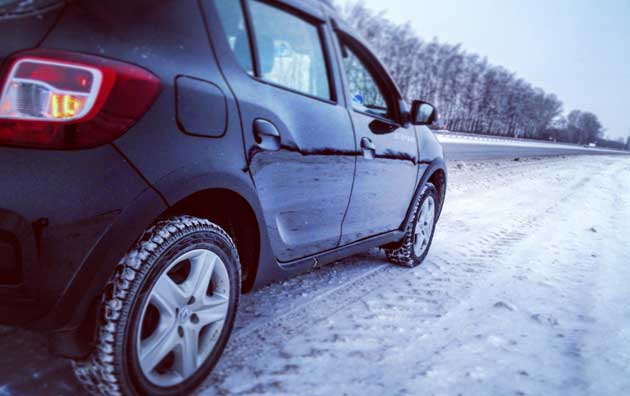Do I Need Snow Tires?


Taking snow tires out of the garage and replacing regular or summer tires during the snowy and icy months was once a familiar winter ritual for many people. With all-season tires becoming increasingly common, do drivers still need tires designed specifically to operate in snow?
How Do All-Season Tires Compare?
It is important to recognize that all-season tires involve a trade-off in winter driving performance compared to snow tires. While they are designed for all-weather use, they do not perform as well in snowy, icy and slippery conditions. In recent years though, the use of all-season radials has replaced dedicated snow tires for many drivers, as safety features, such as Electronic Stability Control, four-wheel drive and all-wheel drive, have become more common and standard in many vehicles. Benefits of all-season tires typically include lasting longer, offering a quieter and softer ride, as well as being designed to perform in all kinds of weather.
Two aspects of the design of all-weather tires may adversely affect their performance in slick conditions: the compound from which they are made and the “sipes,” or grooves, in each tire. In order to be more durable, all-weather tires are made of a harder and longer-wearing rubber compound that stiffens as temperatures drop, which results in a loss in tire flexibility. The sipes on all-weather tires are also not designed to provide as many “leading edges” on each tread block, one of the aspects of the tire that increases traction on snow-covered surfaces.
Who Might Need Snow Tires?
All-weather tires may perform reasonably well in the snow, but not as well in slippery conditions as dedicated snow tires. The methods and frequency at which roads are cleared of snow has improved in many areas over the past few decades. Where snow tires were once valued for their ability to drive through snowy conditions, today’s snow tires bring added traction, braking ability and cornering in slippery conditions, such as intersections, where water and slush tend to gather in colder months.
The answer to whether you need snow tires can depend on where you live. Whether you have a front-wheel, rear-wheel or even an all-wheel drive car could also play into the equation. Also, it can depend on the demand to drive in snowy conditions. If your job requires you to get out ahead of snow plows during storms, snow tires may be more valuable. If you are able to choose the safer time to drive, such as after roads are plowed and treated, all-weather tires may be an acceptable choice.
If you are considering adding snow tires to your vehicle during the winter months, consult the manufacturer’s recommendations. Install snow tires on all four wheels – not just the drive wheels. You should also consider local regulations that may govern the use of snow tires in your area. When warmer months arrive, remember to switch back to all-season radials for longer wear from your tires.
More Prepare & Prevent

How to Drive in Icy Conditions
Driving on icy roads can create challenging, and potentially dangerous, driving conditions.

How to Drive Safely in Strong Wind and Rain [Video]
When driving in heavy rain or wind, be aware of your surroundings and take steps to help you arrive safely at your destination.

The Science Behind Winter Driving
Ever wonder what causes black ice, how snow tires work or what causes hydroplaning? Learn the science behind some common winter driving conditions.